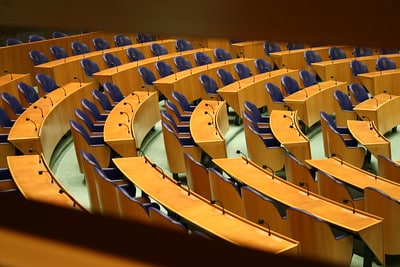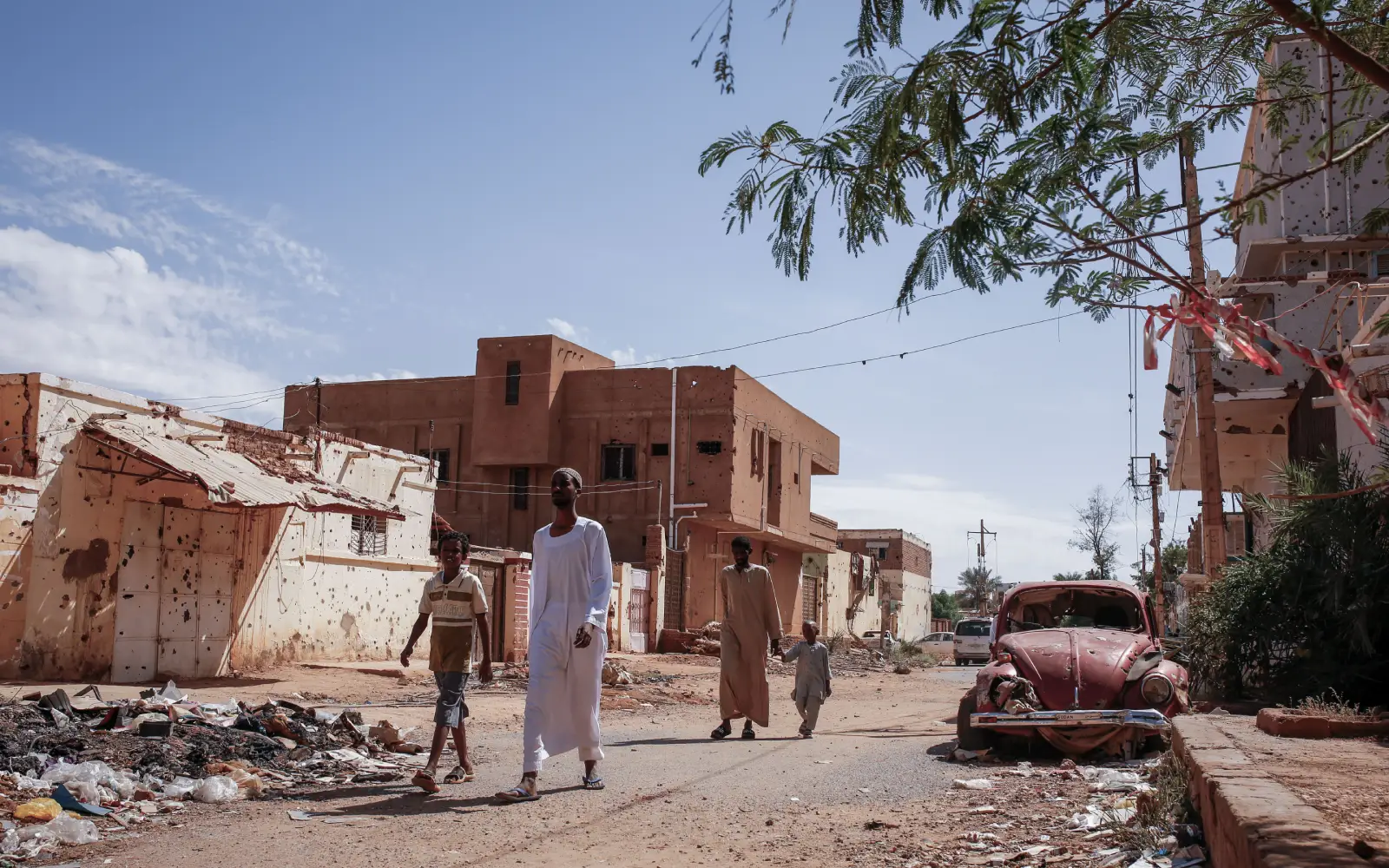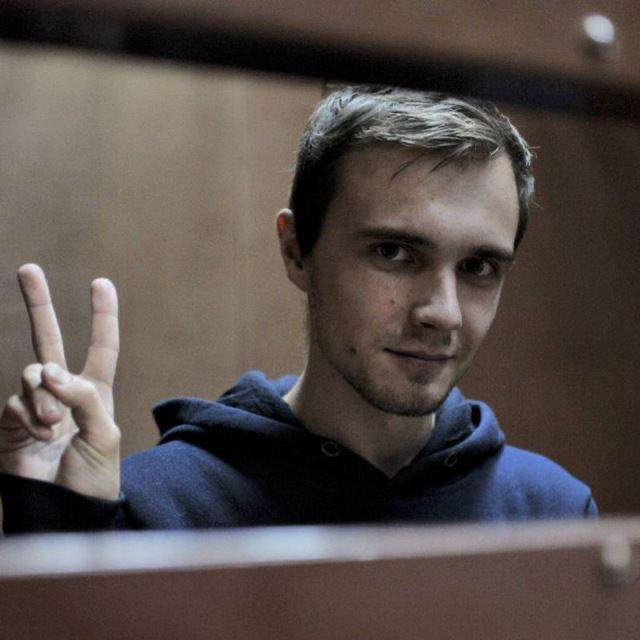The note debate on the new Foreign Trade and Development Cooperation (BHOS) policy paper took place on 28 September. The public gallery was packed with people from civil society. There was also great interest in this debate from the Chamber; 11 parliamentary parties were represented (SP, PvdD, CDA, SGP, PVV, CU, D66, PvdA, VVD, Volt & GroenLinks). The debate covered many of the issues that we as FMS are committed to, but we also saw a minister who was unable to give full answers to many questions from the Chamber.
Use the SDG button!
One of the topics that came up frequently was the so-called SDG key. Together with Building Change, we have long been pushing for this test, which means that new policies should be pre-tested for potential impact on the SDGs and on developing countries. Although this test has been in place since 2019, it is not sufficiently used, and the paper did not address this tool either. Applying the SDG test is, among other things, important to get rid of the 'blind spot' Don Ceder (CU) mentioned in the debate; namely, the prevailing idea that the Netherlands is doing very well on SDGs, when in reality there are almost no countries that a more negative footprint have. Even though the minister called the Netherlands' current position on the SDG Spillover Index worrisome, even when questioned further by MPs, she time and again deferred an answer on concrete steps to improve this, referring to the various strategies and action plans expected in late 2022/early 2023. Cedar, however, found this insufficient and filed a motion in which he called for a better understanding of the use of the SDG test in new laws and regulations. This motion was eventually passed!
#PolicyThatChanges
The other core topic from Building Change and FMS, policy coherence for sustainable development, or, fair policy, was also highlighted by several MPs. The minister does mention policy coherence in her paper, but only in the form of cooperation between ministries. Policy coherence is so much more than that, however; it is about all policies reinforcing each other rather than working against each other, thus contributing together to sustainable development. Jasper van Dijk (SP), among others, made the case for this in his contribution. He even mentioned the name of Building Change twice, and made a plea for better trade relations, with more attention to tax avoidance (see below). Furthermore, Marieke Koekoek (Volt) drew attention to the integration of BHOS policy with other policy areas and Jan Klink (VVD) called for better cooperation between the five coherence ministries. Finally, Minister Schreinemacher was reminded by Ceder of her role as coherence coordinator.
#TaxJustice
In the partnership Tax Justice Netherlands the FMS makes a case against tax havens and tax evasion. The Netherlands is a tax haven, and is therefore partly responsible for hundreds of billions in taxes not reaching developing countries (see also opinion in Trouw from the FMS). Therefore, we were very happy with the attention Van Dijk paid to this topic. This is also a topic that will return in the Action Plan Policy Coherence for Development. However, the minister did not yet want to go along with Van Dijk's motion to include measurable indicators here to address progress on tax evasion. The motion was held up by the SP, but hopefully such measurable indicators will be included in the action plan after consultations with the State Secretary for Taxation (Finance).
Aid over trade
The title of the policy paper, "Doing what the Netherlands is good at", did not go down well with all MPs. In the words of Joris Thijssen (PvdA), "then my spirits do sink in". Thijssen's words were largely in line with the FMS's position; is it not in fact important (in Thijssen's words) to "do what the poorest of the poor need most of all"? In addition, he argued for a trickle-uptheory involving investment in the local economy. Ceder also expressed concern that "doing what the Netherlands is good at" will lead to putting Dutch interests first and neglecting the interests of people in developing countries. It was good to see several MPs emphasising that trade should support aid. That is why it is so important that the themes of policy coherence and 'fair policy' are given a prominent place in all Dutch policies.
#ClimateJustice
Climate was also an important topic during the debate. In her contribution, Suzanne Kröger (GroenLinks) argued for a separate budget (i.e. separate from current development cooperation budgets) to compensate developing countries for incurred loss and damage due to climate change. She demanded that the minister commit to this - on behalf of the Cabinet - during the upcoming climate summit. Although the minister refused to pledge that the Netherlands will compensate developing countries, the chamber did take the Kröger/Thijssen motion which asks the government "to put on the agenda for the European commitment to the COP negotiations the exploration of options for a financial facility for climate damages". Let us hope that fair agreements will be reached at the climate summit on loss and damage compensation.
Doing what is necessary and fair
As described, there were many strong questions and input. Unfortunately, time was short. During the minister's answering of the parliamentary questions, this led to little further questioning. The debate, which started promisingly due to strong performances by MPs, thus ended in an anticlimax.
Nevertheless, good motions were adopted, and many important debates are scheduled in the coming period, including the budget debate in early November. Moreover, last week the long-awaited international climate strategy published. Other key strategies will be launched in the coming months, including the International Migration Strategy, Commodities Strategy, Africa Strategy and the renewed Policy Coherence Action Plan. From FMS, we will keep an eye on this - together with Building Change and Tax Justice Netherlands, among others. As far as we are concerned, in future the Netherlands and the minister focus on 'doing what is fair' and 'doing what is necessary', instead of purely 'doing what the Netherlands is good at'. Regardless, we remain committed to the fairest possible policy from the Netherlands.
Image: Flickr





